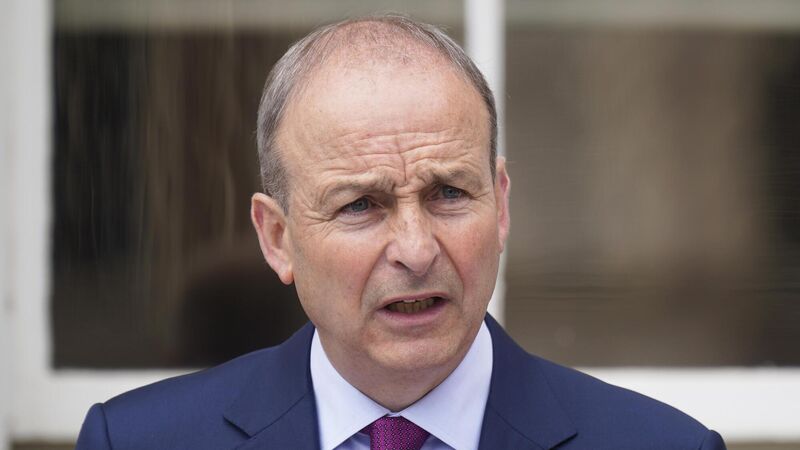Europe facing 'tangible reality' of Russian gas supply shutdown, says Taoiseach

Taoiseach Micheál Martin said that although he did not anticipate fuel rationing in Ireland this winter, 'nothing could be ruled out'.
The Taoiseach has warned Ireland and the rest of the EU to prepare for the shutdown of Russian gas to Europe this winter.
Speaking at the end of a two-day summit in Brussels, Micheál Martin says the "risk of Russia cutting off gas supplies to Europe" has to be factored into plans to mitigate against high energy costs this winter.













